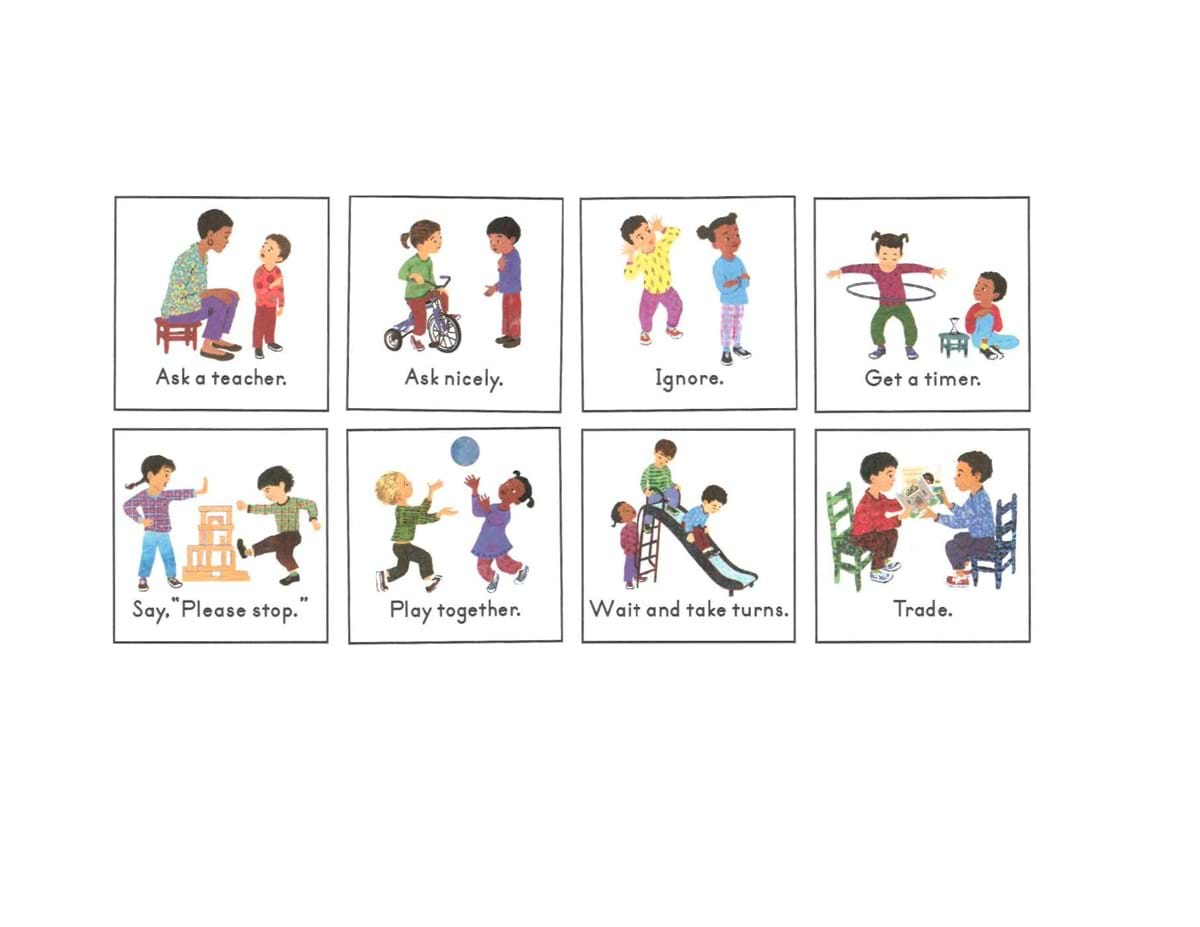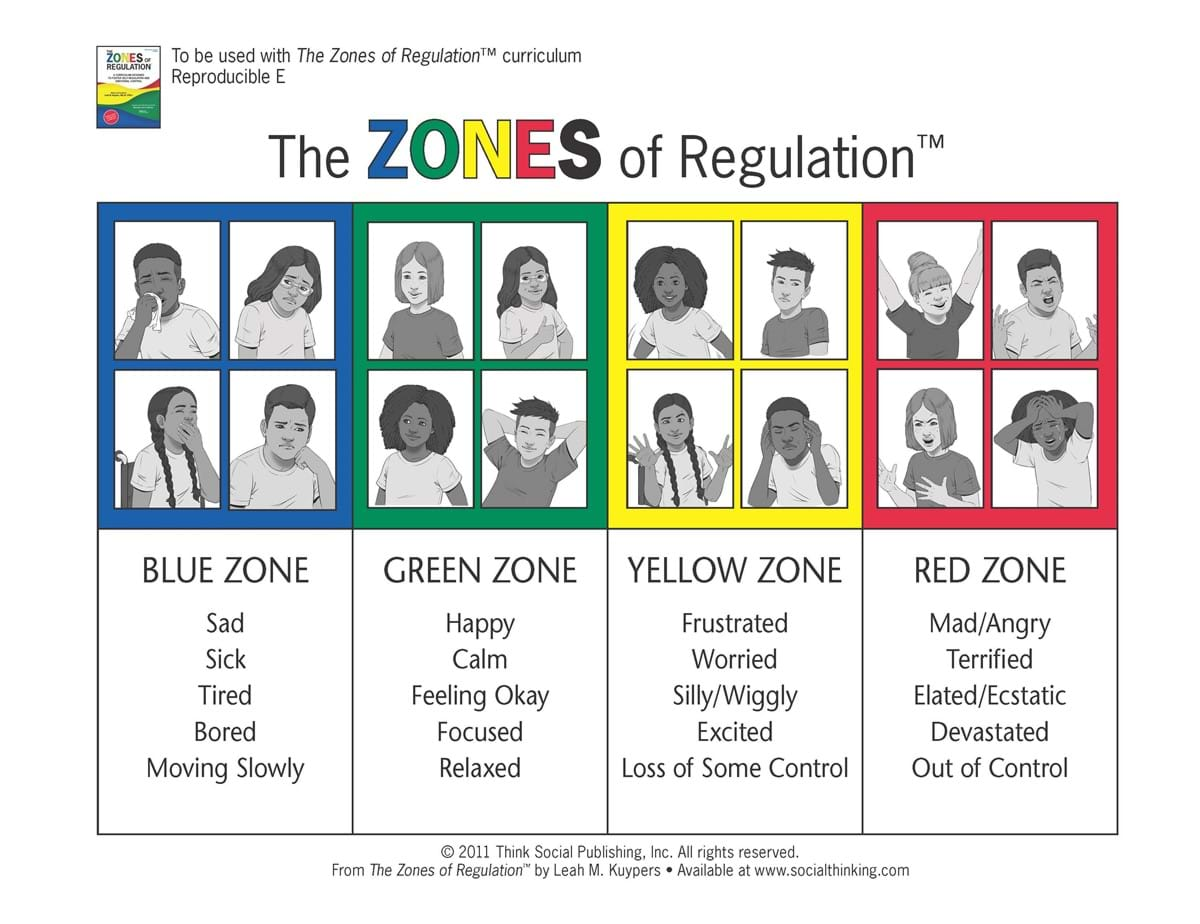Welcome to Glenwood Community School District Preschool at Northeast Elementary
The Northeast Early Childhood Center was awarded the Statewide Voluntary Preschool Program Grant in 2009 as a result of the Preschool Advisory Committee’s dedicated work. The program’s goal is to provide a high quality preschool program meeting each child’s needs, including children with disabilities and those from a diverse background. The preschool provides a rich learning environment that encourages children’s natural curiosity and supports them to take risks that lead to new skill development. This preschool is a setting where children feel safe, respected, and cared for. This preschool provides an opportunity for three and four-year-old children to take part in planned, active learning experiences to build their readiness skills. This program also serves children on individualized education plans (IEP) that are transitioning from Early Access Services into the public school system. The Northeast Early Childhood Center is a nationally accredited preschool from the National Association for the Education of Young Children (NAEYC) administered by the Iowa Department of Education. The Iowa Early Learning Standards are used to guide expectations for the children and instructional practices. We look forward to partnering with families in our community.
Important Information
Drop Off/Pick Up
Preschool students should be dropped off at the preschool doors. All children must be escorted to the door by a grown-up. To be in compliance with NAEYC and state supervision guidelines, drop off on Vine Street is not an option for preschoolers.
If your child will be gone, please notify either your child’s teacher or the Northeast office. 712-527-4875
If your child is late or needs to leave early, please go to the Northeast main office to check your child in or out for the day.
Attendance
Regular attendance is essential for students to make progress and understand routines. Because Northeast Early Childhood Center is a Statewide Voluntary Preschool program, students that are age 4 by September 15 and enrolled in the program are considered to be compulsory attendance age.
Students should not attend preschool if they have the following symptoms. If students display these symptoms at school, preschool staff or the school nurse will call parents or guardians to pick up their child.
- Fever greater than 100 degrees F
- Vomiting
- Diarrhea
- Pink eyes with drainage
- Cough with congestion and excess nasal discharge
Please have your child wear comfortable clothing at school. They will be busy with a variety of activities including outdoor play, paint, playdough, and much more.
Pack an extra set of clothes appropriate for the season in your child’s bag in case of a bathroom accident or messy play. Please change the clothes as new seasons start. If your child is sent home in clothing belonging to the school, please return promptly.
Keep all toys, candy, gum, money, etc. at home. If your child brings an “attachment” item from home, we ask that it is small enough to fit in his/her backpack or cubby.
Preschool Happenings:
Quarter 3 Important Dates
January 15: No School- Martin Luther King Jr. Day
February 5: No School- PK-12 (Professional Development)
February 7: No Preschool (Professional Development)
February 19: No School- Presidents’ Day
March 11 & 12: Parent-Teacher Conferences
March 15: No School- PK-12
Trimester 2 Learning Goals
These are learning goals for 4 year old preschool students moving onto Kindergarten
- Literacy
- Identify 5-7 upper and lower case letters
- Identify 66% of the letters in their name
- Identify 3 sounds of the alphabet
- Attend to an activity for 4 minutes and provide a meaningful response 50% of the time
- Math
- Counts to 15
- Identifies 8/11 (0-10) numerals in random order
- Points to and counts 7 objects
- Fine Motor
- Write most letters or letter like formations in their first name, may not be in the right order
- Uses a correct pencil grasp, may be too high or too low on the writing utensil
- Social Emotional
- Identify emotions (happy, mad, sad, ready to learn, sick, tired, angry, out of control, frustrated, worried)
- Identify emotions of self and others
- Choose a strategy or solution when there is a problem
- Follow school wide expectations (respectful, responsible, safe, and kind)
- Contribute an idea, skill, or action during a group interaction
Social Emotional Supports
Here at Northeast Early Childhood Center, we use two tools to support social emotional growth that could also be reinforced at home. The first is called Zones of Regulation. This tool teaches students to recognize the "Zone" of their own emotions as well as strategies on how to respond to each zone.
The second tool we use is Solution Suitcase. A solution suitcase teaches independent problem solving. By having a "suitcase" of solutions students can learn how and when to apply each solution to problems as they arise.
Please see the graphics below. Feel free to print out these graphics and place somewhere in your own home. Using these strategies at home and at school can help reinforce these social emotional skills and problem solving in both locations.
Solution Suitcase
Solutions Suitcase teaches students ways that students can independently solve their problems. Solutions include:

Parent/Guardian Resources
Preschool Handbook NAEYC Report Iowa Early Learning Standards Teaching Strategies Gold Priority Standards
Early Childhood Outcomes
Below each set of Essential Outcomes is a link to a downloadable version of the Outcomes and Components.
Language Arts Essential Outcomes
- Listens and understands increasingly complex language
- Demonstrates phonological awareness, phonics, skills, and word recognition
- Demonstrates knowledge of the alphabet
Math Essential Outcomes
- Uses number concepts and operations
Fine Motor Essential Outcomes
- Demonstrates fine-motor strength
- Demonstrates writing skills
Social Emotional Outcomes
- The student regulates own emotions and behaviors
- The student establishes and sustains positive relationships
- The student participates cooperatively and constructively in group situations
- Uses language to express thoughts and needs
